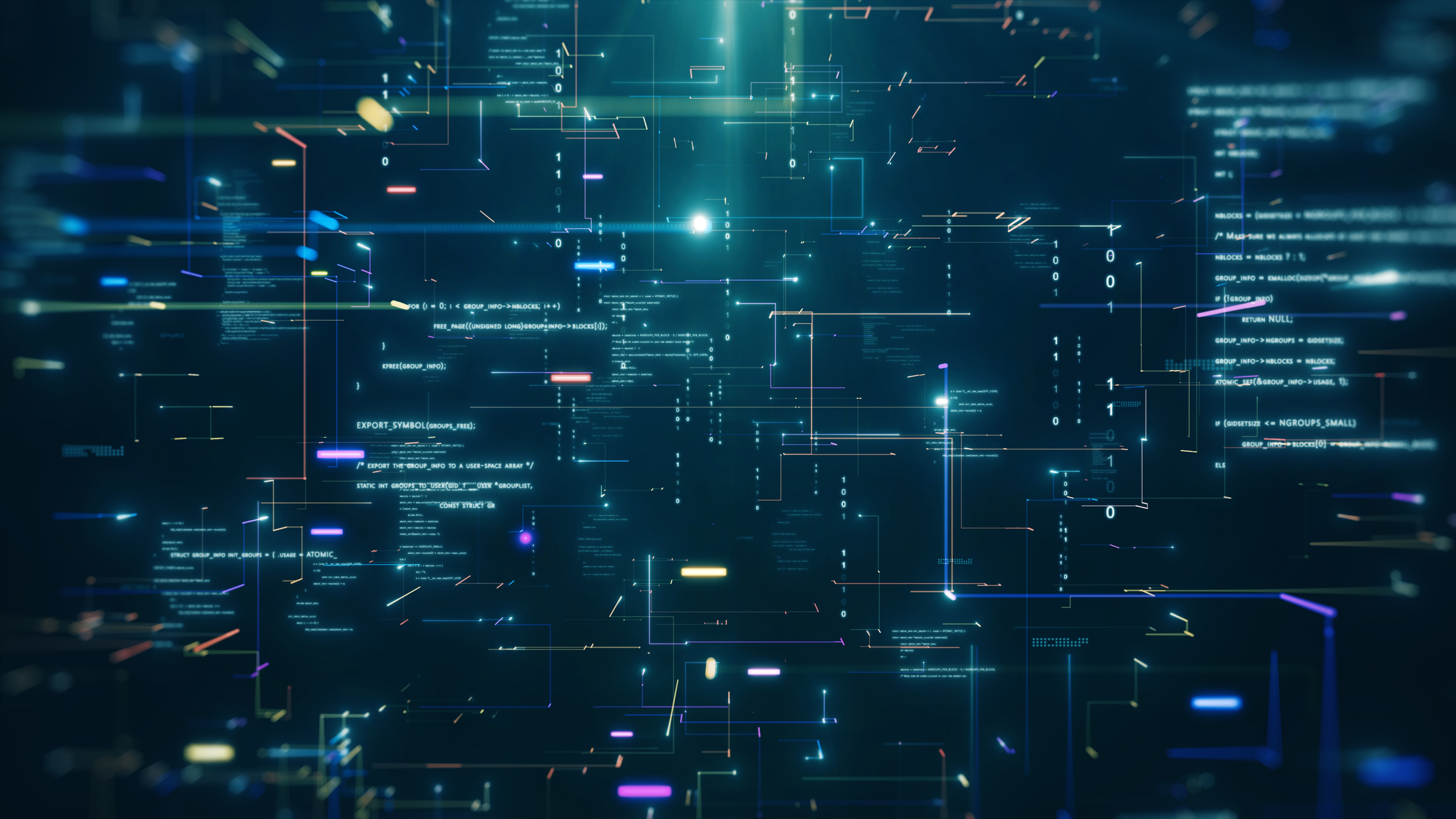The 4th industrial revolution is about to hit a new level where the real world melds with the Internet of Things (IoT). Called the “digitization of everything” by Investor News, this new reality will link everything from our identities to the items we wear, use, and even eat. How will humans and corporations adapt to what will be another binary notch in the digital belt of our transformation? In reality, this is something the world has never seen before. What is the digitization of everything and how can we prepare?
Understanding the digitation of everything
Digital technology has infiltrated everything we do and experience. But we’re just getting started. From Bitcoin to smart cities, interactive kitchen appliances, and digital consumable pills, we’re entering a new decade of innovation that will make the last five years simply a building block toward something we’ve never seen before.
Our transactions rarely consist of physical cash. Cars are increasingly sensor-driven. Our homes are smarter and our cities progressively data-driven. We’re immersed in artificial intelligence algorithms, from customer service chatbots to clinical decision-making software for physicians.
However, we’re just getting started.
The world is shrinking as our digital technology expands. The concept of six degrees of separation, which is the idea that six social connections separate you from anyone in the world, is outdated; digital technologies bring all of us together in the Ethernet.
The next decade will bring technology iteration where everything is connected in the cloud. But how will that affect human beings and the world they interact with every day?

Human affect from digitization of everything
We are evolving toward the digital mesh, where the standard becomes increasingly networked connections between everyday objects and experiences. Behind the human interface of these interactions will lay an increasingly global exchange of data from connected devices. But that is just phase one of what humans will experience in the next ten years.
Investor News suggests we’re entering a new era of personal sovereignty, where human identity will be an indelible record on the Internet. New technologies like blockchain, which creates an online secure indelible transaction record, will allow human beings to own their data. Investor News suggests this will start by creating a unique personal identifier in the cloud for each person on the planet. This “digital twinning” is a goal of the United Nations, which will help an estimated one billion displaced people with no means of identification.
In the United States, confirming identity requires a name, address, and social security number. This data is housed in silos online, each with inherent security risks. The current system also allows companies to harvest that data and monetize it. In the next decade, digital twinning will allow humans to own and control their own data and the identity behind it.
This has far reaching ramifications for healthcare, where patient records are housed on an electronic medical record (EMR) by a medical facility but will soon be stored in the cloud in a blockchain transaction. When this happens, it will change the very nature of service delivery across all sectors by personalizing services not by a shared pool but by the individual.
This is just one example; the future of human digitization is coming. EY suggests that enterprise organizations have the most to gain — and the most to lose if they don’t quickly upgrade internal systems to embrace this new wave of digital transformation.
Facing the implications of digital change
An EY report called, “The Digitisation of Everything,” suggests this next digital evolution will happen much faster than most enterprise organizations realize. The report states, “It took 10 years for the internet to become a basic and essential part of daily life. The future will happen much faster than that.”
If consumers regain control of their digital data, how should companies respond? EY suggests that companies must develop a digital innovation strategy to keep their business relevant. This includes engaging in new ways on emerging digital channels with consumers.
While the future goals of digitization are currently being written, the starting point for any corporate strategy is a digital assessment that will yield a plan for continuous engagement with all stakeholders, from consumers and suppliers to employees and investors. It also must encompass innovation and competitive differentiation across the operating model.
The Windsor Group Sourcing Advisory can help your organization assess readiness and create a roadmap for the digital changes and challenges that lie ahead. Start the conversation with our consultants.

